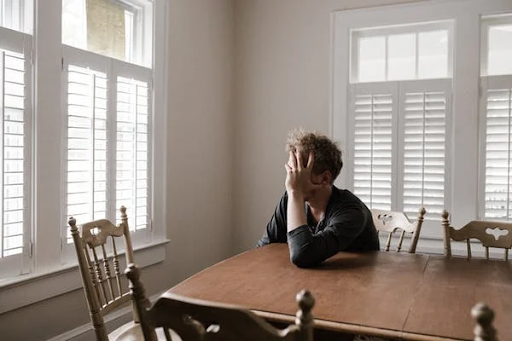Understanding Depression: Causes, Signs, and Coping Strategies
Depression is a serious mental health issue that affects millions of people across the world. While it can affect people from all walks of life, it is often misunderstood, and people might not even recognize they’re experiencing it. Depression can range from feeling sad for a few days to feeling hopeless and helpless for weeks or months. It can even lead to suicidal thoughts. Identifying the causes, signs, and coping strategies for depression is essential, and in this blog post, we will explore all of these and more.
Causes of depression:
Depression can have several causes, including genetics, environmental factors, and chemical imbalances in the brain. People with a family history of depression are more likely to experience it themselves. Significant life changes, like loss of a job, a loved one, or a relationship, can trigger depression. Hormonal changes, seasonal changes, and chronic illnesses can also contribute to depression. Drug and substance abuse can negatively affect the brain's chemical balance and increase the risk of depression.
Signs of Depression:
Depression may manifest you both mentally and physically. If you feel hopeless or quite often, feel tearful or are irritable for no particular reason, you may be depressed. Physical symptoms include chronic fatigue, changes in sleep patterns, loss of appetite, and weight gain or weight loss. Depressed people also avoid social gatherings and tasks that they would typically enjoy. They might even have difficulty concentrating and have recurring thoughts of death or suicide.
Coping Strategies:
Depression is a severe health issue that requires the right treatment. Some people might require medication, therapy or a combination of the two. Depression coping strategies include practicing self-care, talking to a supportive family member or friend, joining a support group, and developing a positive mindset and healthy habit. Meditation, deep breathing exercises, regular exercise, and a healthy diet can reduce depression's negative effects.
Therapy is also beneficial. Talk therapy, Cognitive-behavioral therapy, and Interpersonal therapy have been beneficial to many people diagnosed with depression. These therapies focus on identifying negative thought patterns and correcting them to create more positive ones.
Depression is a prevalent condition that can be debilitating if left untreated. If you or someone you know is suffering from depression, adopting healthy lifestyles and seeking the appropriate therapy can drastically improve their quality of life. We hope this post has helped you understand depression's various causes, signs, and coping strategies. It is okay to seek treatment. You don't have to suffer alone. Let's continue to educate ourselves and create a stigma-free society around mental health.





